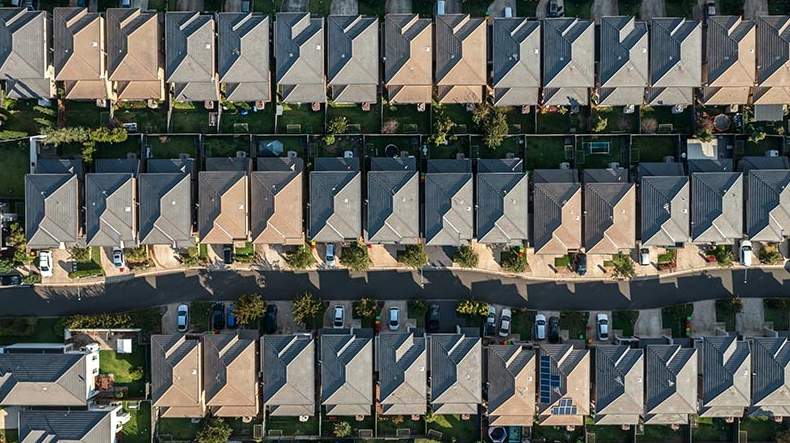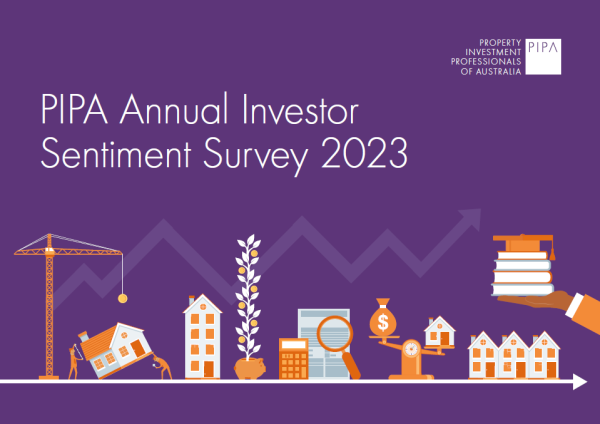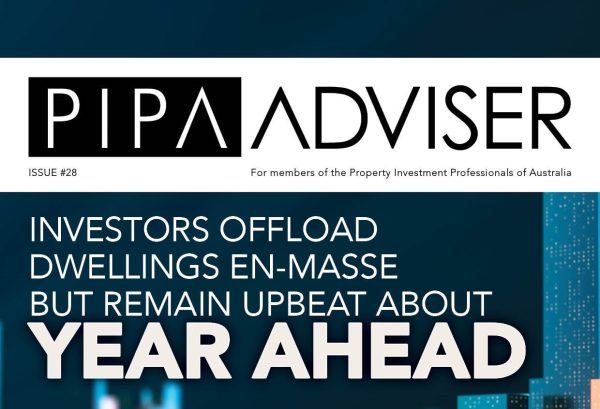Renters getting a rough go under Labor
Jan 2024Karen Millers
Categories
Location ReportsMedia releasesNational market updatesPersonal advisersPIPA AdviserPIPA Annual Investor Sentiment SurveysPIPA Member ProfilesPIPA video updatesPIPA webinarsPodcastsProperty advisersProperty newsLatest Articles
Which property cycle are we in?
Rent rises ease but crisis’ link to population density found to be tenuous
Jordan van den Berg: The ‘Robin Hood’ TikToker taking on Australian landlords
Victorian property investors face yet another new property tax as council tests levy
If you’ve had the misfortune of attending a rental inspection in Melbourne, you’re not alone.
It’s more likely than not that you’ve lined up in an anxious queue spilling into the street just to have the privilege of looking at a mouldy, prewar cottage on the precipice of losing its long fight against the termites.
Too many renters – predominately younger Melburnians – are forced to live with this reality. I remember being one of 20 applicants to a tiny apartment. I was on a stable income, had no pets, and had a great rental record. But I didn’t even get a look-in.
We know that housing affordability is at the forefront of so many Victorians’ minds. If you’re lucky enough to own your own home outright, you’re largely insulated from the pain.
But most younger Victorians and new migrants are not. Despite their spin, the state government has to wear some of this blame.
According to SQM Research, when Labor was first elected in 2014, Melbourne had 12,713 homes available to rent. Despite our state losing population during the pandemic and a flood of government press releases about homebuilding, there are now only 6449 homes available to rent. All this as our state’s population is set to grow to 10 million by 2050.
Labor’s Housing Statement should be read as an admission that what they’ve been doing for the past nine years isn’t working. The former Premier said of the statement that “the status quo is not an option”. I wonder who oversaw the status quo for the past decade?
What the Housing Statement doesn’t fully grasp is this central fact: the overwhelming majority of renters are in private, market-rate housing. If you build more of this housing, it becomes cheaper and higher quality. This is the view of every economist with half a brain and is consistently borne out in the data, both overseas and here at home.
The answer is to allow the market to deliver more housing. But in true fashion, Labor simply can’t let market forces take credit for something it believes the government can do.
So, what’s their answer? If the past nine years are anything to go by: taxes. This government has never found a problem they can’t tax their way out of. Increases to stamp duty, land tax, taxes on Airbnbs and vacant land – you name it. And still the government acts surprised when these taxes flow through to renters and homeowners, increasing prices further.
All economists know that when you want less of something, you tax it. Investors are listening – the Property Investment Professionals of Australia found that one in four investors have sold their Victorian properties during the past year and labelled us the worst to invest in.
National investment firm Propertyology is now advising clients to boycott the state altogether in response to onerous taxes and regulation. This means even less rentals on the market. Labor appears to have forgotten that property investors make up 100 per cent of the private rental market.
I suppose it’s inevitable, then, that the Greens have come forward to beat the Cold War-era rent control drum. Notwithstanding the mountain of economic evidence that rent control not only doesn’t work, but, in fact, reduces the quantity and quality of rental stock. As the Grattan Institute has said, “… it’ll end up doing more harm than good.”
Melbourne isn’t alone in this – rents are skyrocketing in major cities across the world as housing stock has struggled to keep pace with population growth. We can look to what other cities are doing to bring down rents, such as Auckland and Minneapolis; both cities have reformed planning regulations to allow more homebuilding and as a result, rents are easing.
More housing and lower taxes on investment doesn’t just mean cheaper rents – it means more choice. It means you can live near work or uni, or maybe even live within walking distance to your parents’ house. It means moving out sooner and building your independence in your 20s, instead of staying stuck at home.
So, Labor wants to tax you, and the Greens want to send you behind the Iron Curtain. Victorians are smart enough to see these failed approaches for what they are – band-aids to our state’s rental crisis. We should reject them both.
Evan Mulholland is the Deputy Leader of the Opposition in the Legislative Council and Shadow Minister for Home Ownership and Housing Affordability.
Originally Published: Evan Mulholland | CBD News, Melbourne | Page 17| 1 January 2024
“Licensed by Copyright Agency. You must not copy this work without permission.”




